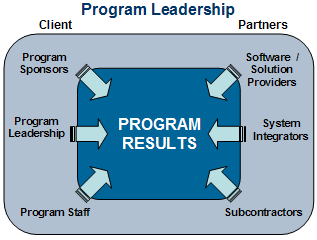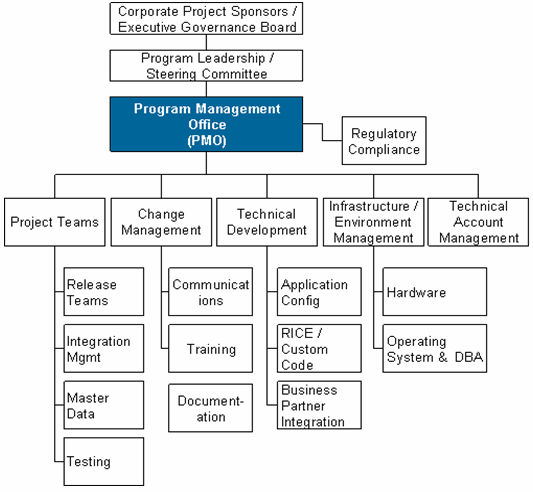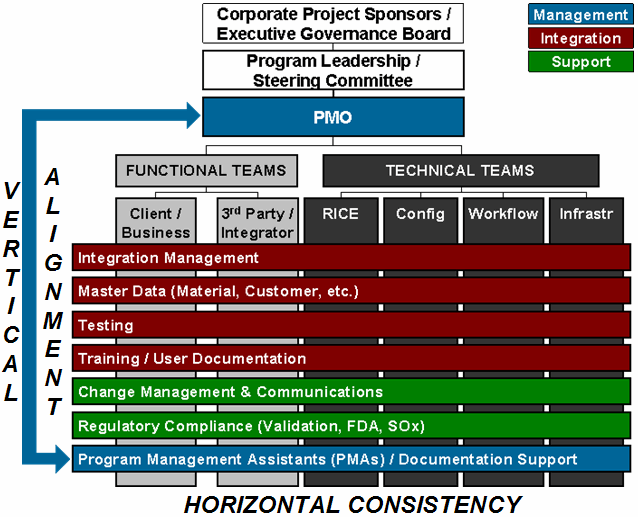
Project and program management are Aviant Group's core competencies. According to the CHAOS report from The Standish Group only 34% of projects are a success. The most common problem is that many companies don't apply good project management skills and do not set metrics that can help them define success or failure. Regardless of the quality of resources and the size of the budget, results cannot be achieved without someone at the helm guiding those resources and managing the budget. Organization is vital, especially for large-scale projects, and yet this area is the most neglected area of any implementation. Stakeholders are keen on results and businesses, eager to satisfy shareholders, rush to get the job done without realizing the importance of planning. It is no longer sufficient just to make it to the finish line but to make it there on time & under budget. This is where good project management can make all the difference. And this is where Aviant excels. Aviant was founded by people with years of project management under their belt and truly believe that management can make or break a project and we have always relied on astute project management to transform every one of our projects into an astounding success.

Managing Complex Projects Remains a Challenge for Most Organizations
- Inherently complex, resource intensive and political
- Require significant investment and coordination
- Need to secure and managing ongoing involvement from the business
- Sustain momentum even though the level of business participation may fluctuate
Traditional Program Management
- Tactical
- Emphasis on TEAM deliverables
- Targeted at project managers and team leads
- Communications focused on end users and the day-to-day project team
Integrated Program Management
- Strategic
- Emphasis on PROGRAM results
- Actively engage project sponsors, project owners and stakeholders
- Communications focused on steering committee, executives, and stakeholders not involved on the day-to-day project
Maintain Focus on Program Results
- Aviant Group Integrated Program Management proactively identifies and mitigates the impact of external influences on program stakeholders
- Experienced PMAs help to drive consistency in results and deliverables across the program much better entry-level project administrators
- Our independence allows us to provide input and oversight both vertically and horizontally across program participants
Program Sponsors
- Shareholder and executive pressure to deliver return
- Competition for limited funds
- Impact of project risks on ROI
Program Leadership
- Division managers, not project managers
- Protect turf and self-preservation/expansion
- Limited previous communication with executives
- Need to balance delivery with compliance requirements
Program Staff
- Still have full-time job
- Limited project experience
- Protect their turf and bosses self-interests
- Know day-to-day processes, but limited participation (if any) in initial scoping efforts
- Project administration vs. project completion

Software/solution providers
- After sale, usually not involved until design or execution phase
- Team that sells not same team that installs and supports
- Usually very expensive rates
- Often not familiar with industry-specific compliance processes
System Integrators
- Leadership that sold project often not same team leading project
- Potential conflicts between leadership team selling (add-ons and next project/solution) and delivery team implementing
- Often not familiar with industry-specific compliance processes
Subcontractors
- Usually brought in by other vendor, not client
- Work with sponsoring vendor for future work, not client
- Limited, if any, visibility to project beyond role







